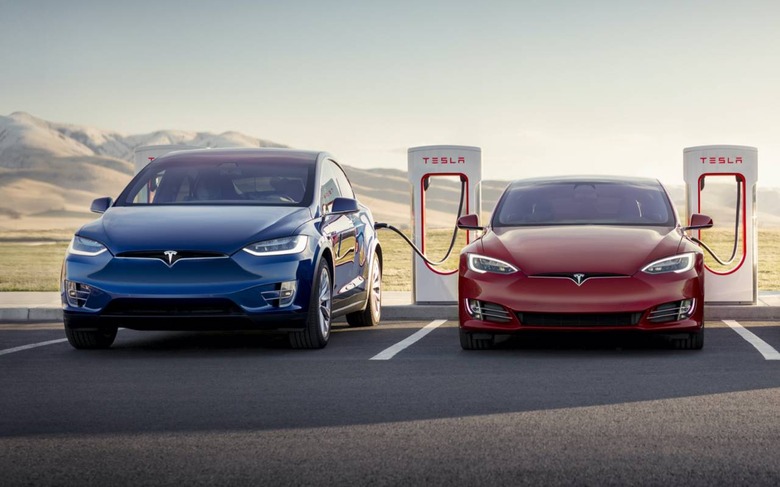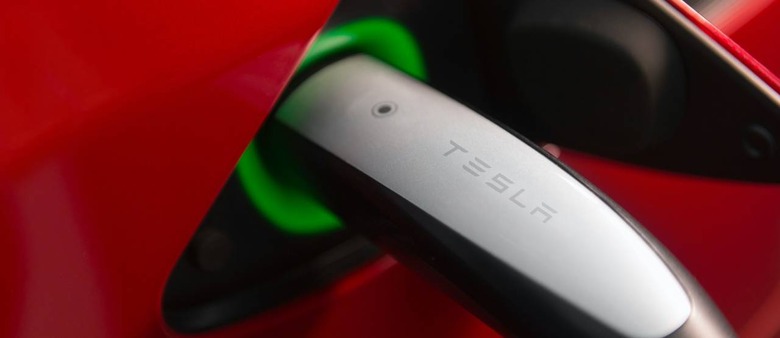A Key EV Supplier Says It Has Cracked The Million Mile Battery
The "million mile" electric car battery is ready for production, a key supplier for EV-makers including Tesla and Volkswagen insists, potentially addressing one of the lingering concerns drivers have about electric vehicles. While range anxiety still dominates the short-term issues would-be EV owners experience, uncertainty about just how long the batteries in electric cars will last is another, longer-term problem.
It's arguably a more relevant one, too. Range anxiety – that is, the concern that an electric vehicle might run out of charge before the driver has been able to complete the journey they hope to – has been challenged on numerous fronts, both in terms of the reality of the average daily driving distance and the speed at which the latest generation of EVs can actually be charged.
Battery longevity, though, is a more significant concern. Currently, battery warranties vary by automaker: Tesla, for example, covers 8 years or between 100,000 and 150,000 miles of driving, whichever comes first, with a least 70-percent of the battery capacity guaranteed over that period. Audi's e-tron SUV has an 8 year, 100,000 mile battery warranty, as does Nissan's Leaf.
As the most expensive component in an electric vehicle – and one that typically has the most troublesome chemicals to dispose of afterwards – making batteries that last longer has long been a goal of the EV industry and its suppliers. That presents challenges in power density and more, but it's something Chinese firm Contemporary Amperex Technology Co. Ltd. (CATL) claims it has addressed.

It has developed a battery that lasts for 16 years or 2 million kilometers, or 1.24 million miles, chairman Zeng Yuqun told Bloomberg. "If someone places an order, we are ready to produce," he insisted, though would not be drawn on any supply contracts actually agreed upon so far. CATL already supplies Tesla with batteries for the Model 3 produced and sold in China, in addition to BMW, Toyota, and others.
Unsurprisingly, the "million mile" batteries are more expensive than the current packs found in most EVs, Yuqun conceded. However, the CATL chairman says, the difference is only around 10-percent.
It's a premium many may decide is worthwhile paying. On the one hand, battery packs which last longer could be used in two vehicles successively, without drivers having to accept significantly reduced capacity and thus dramatically lowered range. Alternatively, it could make owning an EV for an extended period more practical: typically, range starts to dwindle and the overall value of the car drops considerably.

Figuring out what to do with those batteries – which can still hold a reasonable level of charge, albeit not for EV purposes – has become a constant refrain in the industry. One possibility is repurposing them for stationary power storage, often in building a facility which can absorb excess generation of green power from solar, wind, or other methods until it's required.
The EV segment is arguably still too young to see the full impact of schemes like those. These improvements in battery chemistry, meanwhile, could well trim their importance, too. CATL isn't alone in talking about million-mile battery tech. GM is working on the same issue with its new Ultium platform, which will underpin vehicles like the upcoming GMC Hummer EV and the Cadillac Lyriq, while Tesla is believe to believed to have been working with CATL on the technology as well.
